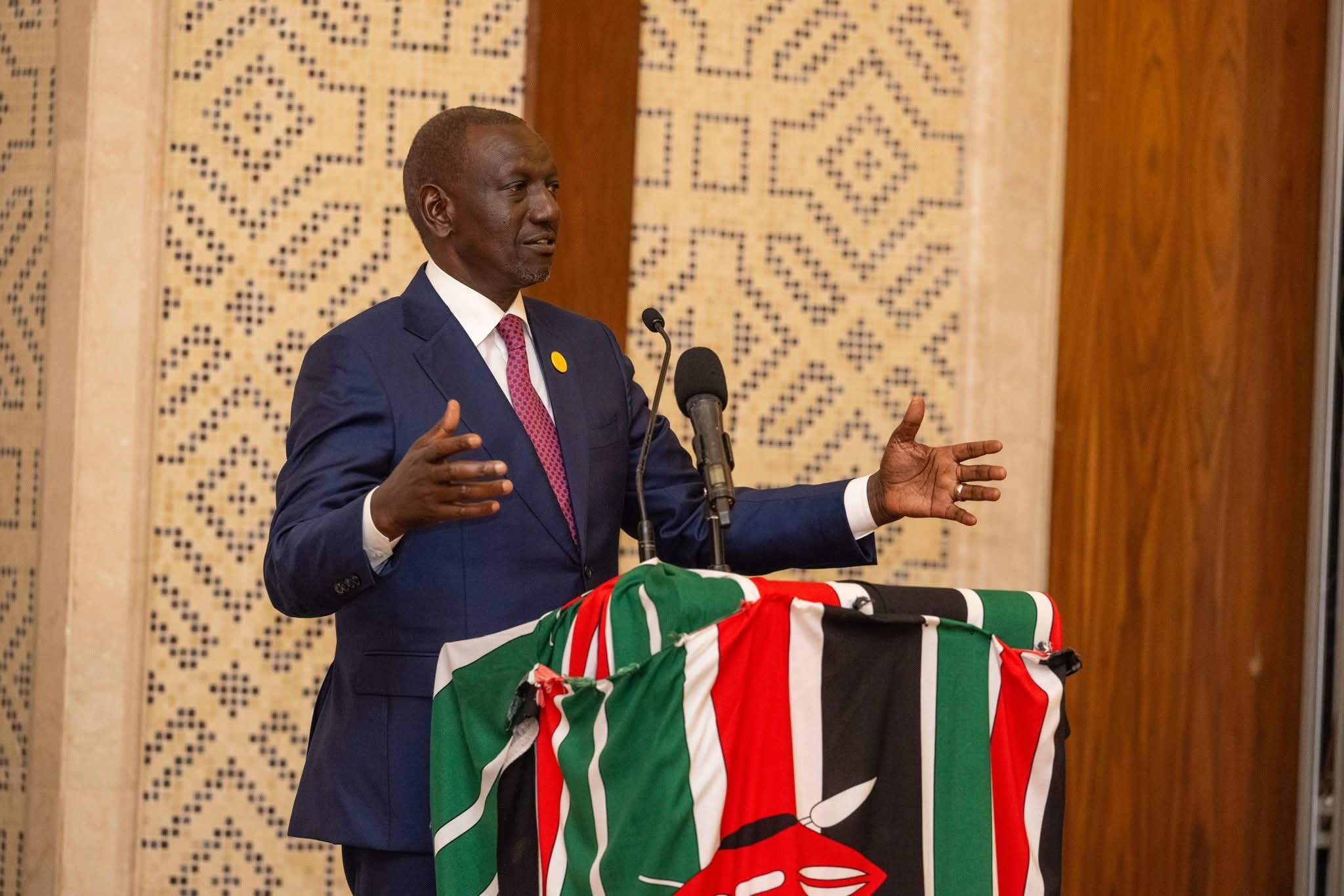“I wouldn’t wish you a pleasant watch,” these were the closing remarks of Ukrainian Ambassador to Kenya Andrii Pravdenyk minutes before the screening of “20 Days in Mariupol” started.
“Because it shows a series of Russian atrocities on Ukrainian people.”
The Ukrainian Embassy in Nairobi on Wednesday marked the second anniversary of the full-scale Russian invasion with the screening of a film depicting events that happened in the first 20 days of the war.
The Oscar-nominated Ukrainian film was created by videos captured by a team of journalists from the Associated Press, who spent the first 20 days of the invasion, trapped in the city of Mariupol.
The film shows in real time, how heavily the bombings hit several critical infrastructures in the city causing deaths and serious injuries to residents, including killing women and children.
Directed by Ukrainian journalist Mstyslav Chernov, it also shows the desperation of residents of Mariupol who had to go for days without any form of communication and desperation as others tried to find ways to leave the city that was surrounded by Russian soldiers and tanks.
While other international journalists decided to leave after seven days of continuous shelling on Mariupol, Chernov and his colleagues stayed and continued filming what was happening.
They captured Russian tanks moving into Mariupol city and capturing hospitals where people sought shelter.
They captured people being buried in mass graves, emergency rescue workers going about their rescue missions and the Armed Forces of Ukraine doing their best to defend their country.
“The story of Mariupol has become a symbol of what is happening in all cities that are under Russian attacks,” Chernov says in his opening statement.
“If the world saw everything that happened in Mariupol, it would give some meaning to this horror.”
Chernov and his colleagues had to leave on the 20th day because Russian soldiers had entered the city. They did it with the help of Ukrainian soldiers and officers.
Over 25,000 people are believed to have died in the city that fell to Russians on the 86th day of the war.
This is the first time the film has been screened in the East Africa region. The screening was done at the Anga Diamond Cinema in Nairobi.
The event was attended by heads and representatives of foreign diplomatic missions accredited to Kenya, representatives of the Ukrainian diaspora and the Embassy of Ukraine.
Representatives of Kenya's business and cultural circles, as well as the mass media, were also present.
The screening was done in cooperation with a Ukrainian producer, director, and representative of the Charity Foundation Razom for Ukraine Polina Buchak.



















